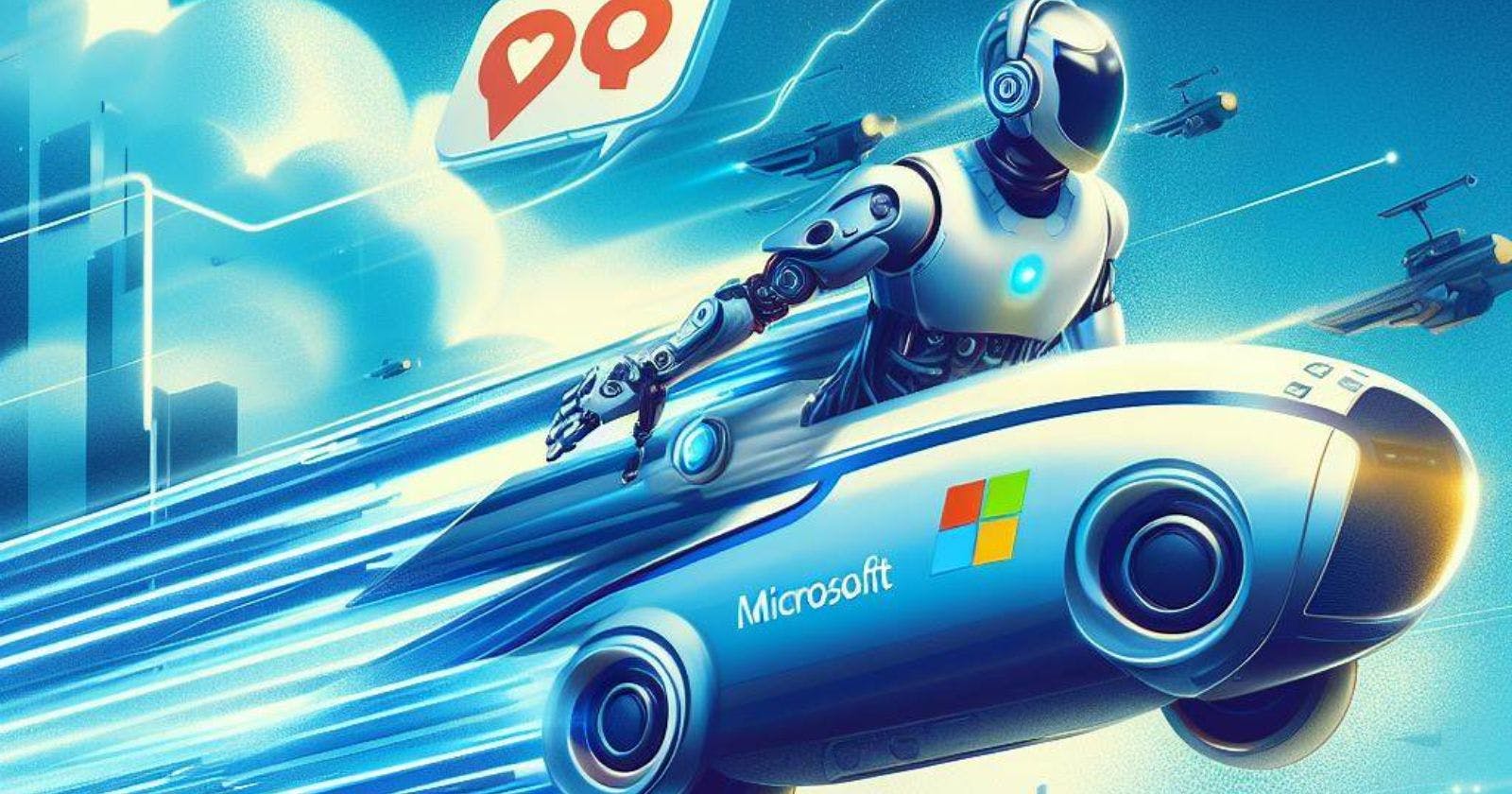Artificial intelligence (AI) is advancing at lightning speed, and tech giants like Microsoft are racing to leverage these innovations. While Microsoft already offers AI services like Bing Chat, it's now making a major play to dominate the space with a rebrand to Copilot.
This strategic name change aims to unite Microsoft's AI offerings under one brand. By renaming Bing Chat and bringing Copilot to Windows 10 and 11, Microsoft seeks to make its assistant the most convenient choice for millions of users.
However, convenience alone won't dethrone ChatGPT. To succeed, Microsoft must craft an exceptional user experience and avoid overzealous monetization. If not careful, it risks spoiling Copilot's reputation before it ever gets off the ground.
The Strategy Behind the Copilot Rebrand
At first glance, renaming Bing Chat to Copilot seems trivial. But this change is part of a calculated effort by Microsoft to compete with ChatGPT and other AI assistants.
The company already offers Copilot AI capabilities through various products:
Windows 11 includes a Copilot assistant to help with productivity tasks
GitHub Copilot suggests code as developers type
Visual Studio IntelliCode provides AI-powered coding assistance
By unifying these offerings under the Copilot brand, Microsoft aims to boost recognition and reduce confusion. People unfamiliar with Bing Chat now have a name they already associate with Microsoft AI.
The new Copilot website also makes the service more accessible outside of Bing. Users just need a browser to chat with the AI assistant.
According to Windows Central, Microsoft will soon integrate Copilot directly into Windows 10 and 11. This means hundreds of millions of users will have immediate access without any extra downloads.
The strategy is clear - make Copilot the default AI option across Microsoft's ecosystem. If successful, the company could intercept users before they ever think of opening a competitor's chatbot.
The Quest to Dethrone ChatGPT
ChatGPT took the world by storm after its November 2022 launch. The viral sensation demonstrated the immense potential of conversational AI.
As Mashable highlights, ChatGPT can:
Hold natural conversations and answer follow-up questions
Explain complex topics conversationally
Perform tasks like summarizing content and correcting grammar
Refuse harmful or unethical requests
This versatility made ChatGPT an overnight phenomenon, attracting over 1 million users in just five days. It's the new benchmark for AI assistants.
Microsoft took notice. By maximizing Copilot's availability and name recognition, the company aims to compete head-on with ChatGPT for the conversational AI throne.
Integrating Copilot into Windows gives Microsoft a potential edge for mainstream users. But a pre-installed app alone won't be enough.
Key Areas Microsoft Must Get Right with Copilot
If Microsoft wants Copilot to truly overtake ChatGPT, the assistant must excel in two critical areas:
1. User Experience
At its core, an AI is only as good as its output. No amount of marketing can salvage an assistant that consistently delivers nonsensical, irrelevant, or factually incorrect responses.
Microsoft must ensure Copilot offers thoughtful, nuanced conversations on par with ChatGPT. The AI should field questions naturally, admit knowledge gaps gracefully, and avoid unethical content.
Early reviews suggest Copilot still has work to do in this department. According to The Verge, responses sometimes lack the logic and contextual awareness of ChatGPT output. The assistant may also occasionally generate toxic text.
As Microsoft trains Copilot's algorithms, it must make conversational depth and integrity top priorities. Otherwise, users will quickly return to more capable alternatives.
2. Monetization Strategy
Copilot may come built-in to Windows, but Microsoft still needs revenue streams. The question is, how aggressive will its monetization approach be?
The company doesn't have the best track record here. For example, some Windows 11 users objected to the inclusion of the Clipchamp video editor, which displays persistent upgrade prompts.
Microsoft risks similar backlash if it bombards Copilot users with excessive premium subscription nudges or ads. At a minimum, the company should offer a generous free tier before pushing upgrades.
Ideally, Microsoft would frame paid Copilot features as optional power-user enhancements rather than core functionality. This avoids the impression of paywalling AI access that rightfully belongs in base products.
The Outlook for Microsoft's AI Ambitions
With Copilot, Microsoft makes its play for the AI assistant crown currently worn by ChatGPT. The rebranded service benefits from instant Windows integration and growing brand awareness.
But convenience alone is not an industry leader. To truly compete, Microsoft must obsess over core user experience and avoid overzealous monetization.
If executed well, Copilot could become the chatbot of choice for the hundreds of millions on Windows. Poor execution, however, risks permanently spoiling its reputation before ever leaving the gate.
Microsoft is making the right strategic moves by unifying its AI offerings under a familiar brand. But the company's long-term success hinges on thoughtful and restrained delivery that keeps the user first.
ChatGPT set a high standard for conversational AI. Time will tell if Microsoft can develop Copilot into a top contender ready to go toe-to-toe. But the company certainly seems committed to giving it their all in this emerging arena.

